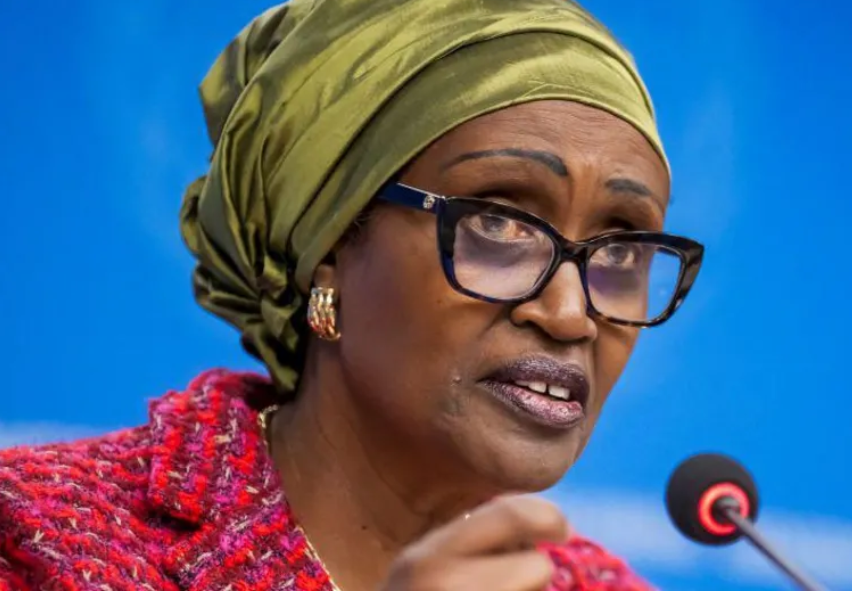Geneva, Switzerland – Winnie Byanyima, the Executive Director of UNAIDS, has issued a stark warning that proposed cuts to US funding for global HIV/AIDS programs will have devastating consequences, potentially leading to the loss of millions of lives and jeopardizing decades of progress.
Speaking at a press briefing in Geneva on Tuesday, Byanyima expressed deep concern over potential reductions in US contributions, particularly to the President’s Emergency Plan for AIDS Relief (PEPFAR) and the Global Fund to Fight AIDS, Tuberculosis and Malaria. She emphasized that the United States has been a cornerstone in the global fight against HIV/AIDS, and any significant pullback could reverse hard-fought gains.
Byanyima said US funding cuts will lead to an additional 2,000 new HIV infections each day and over six million further deaths over the next four years, thereby marking a stark reversal in the global fight against HIV, which has seen the number of deaths from the disease decrease from more than two million in 2004 to 600,000 in 2023.
“The impact of these cuts would be catastrophic,” Byanyima stated. “We are talking about millions of lives potentially lost. Lives that could be saved, lives that could be living healthy and productive lives, thanks to the medicines and programs supported by US aid.”
PEPFAR, established in 2003, has been instrumental in providing antiretroviral therapy (ART) to millions of people living with HIV, preventing new infections, and strengthening healthcare systems in developing countries. The Global Fund, co-funded by the US and other nations, plays a crucial role in procuring essential medicines and supporting prevention and treatment programs.
Byanyima pointed out that sustained funding is essential to not only maintain current treatment levels but also to address the growing needs of an aging HIV-positive population and to effectively prevent new infections. She highlighted the importance of reaching key populations, including adolescents and young women, who are particularly vulnerable.
“We are at a critical juncture in the fight against HIV/AIDS,” she said. “We have the tools and the knowledge to end the epidemic as a public health threat by 2030, but that requires sustained investment and unwavering commitment. Cuts to US funding would undermine these efforts and set us back years.”
The potential cuts come at a time when the global HIV/AIDS response is already facing challenges, including the ongoing COVID-19 pandemic, which has disrupted supply chains and strained healthcare resources. Critics fear that reducing funding now would undo years of progress, leading to increased transmission rates, drug resistance, and ultimately, a resurgence of the epidemic.
UNAIDS is urging the US government and lawmakers to carefully consider the devastating consequences of these proposed cuts and to prioritize the continuation of robust funding for global HIV/AIDS programs. Byanyima concluded by emphasizing the shared responsibility of the international community in ensuring that the global effort to end AIDS by 2030 remains on track. She stressed that inaction now will have profound and irreversible repercussions for millions of people worldwide.









